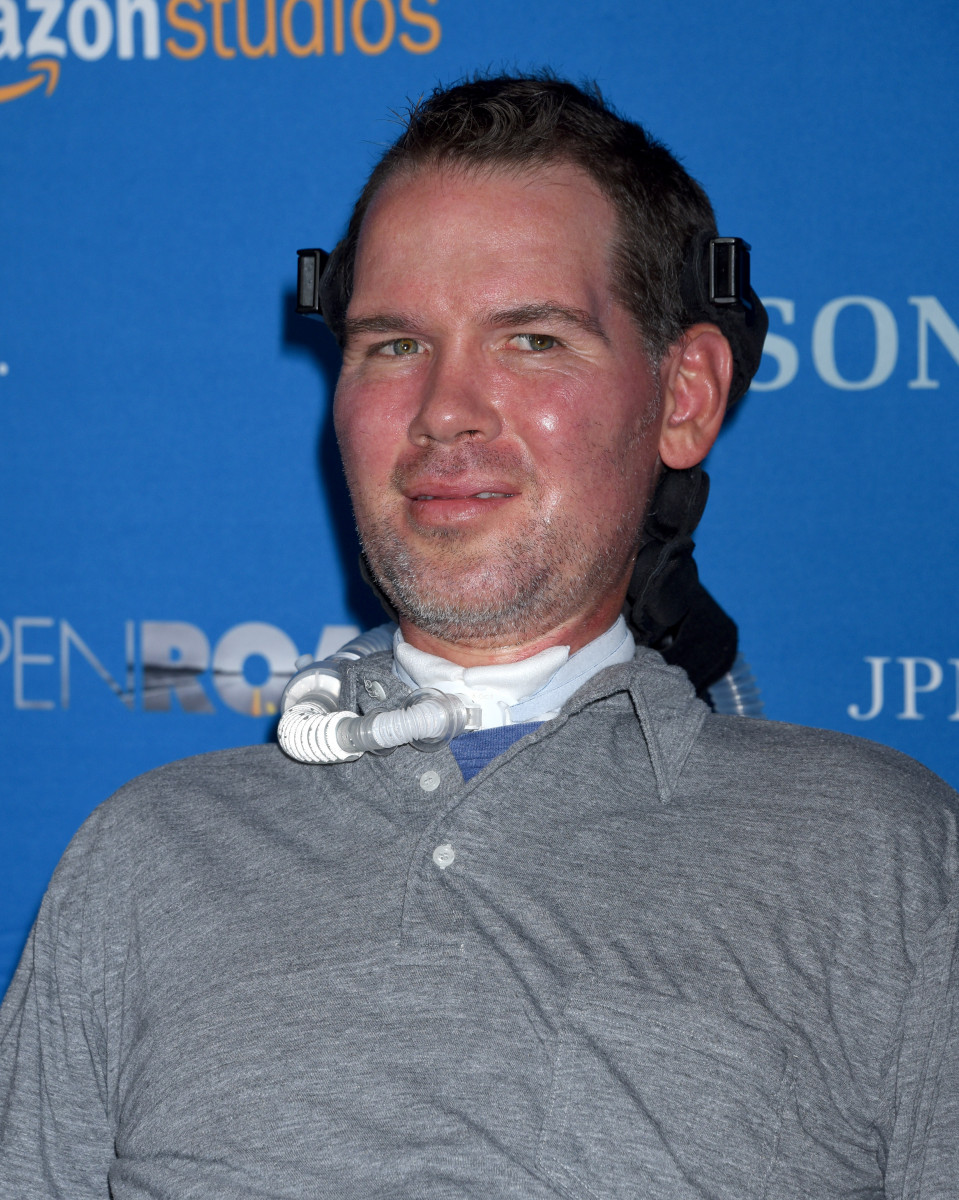Extension of US Law Ensures Funding of Speech-Generating Devices for ALS Patients

The United States has enacted legislation to ensure permanent funding of speech-generating devices that allow people with degenerative diseases such as ALS to communicate.
Both houses of Congress unanimously approved the original version of the Steve Gleason Act that was enacted in 2015 but set to expire this year. The extension legislation became law this month.
The legislation was named after Steve Gleason, a former professional football player with ALS who lives in New Orleans. He played for the New Orleans Saints from 2000 to 2008. Many fans remember him for a sterling performance in the first game in the reopened Louisiana Superdome after Hurricane Katrina.
He became a vocal supporter of the legislation, which requires Medicare to pay for the communication devices and accessories of people who need them to communicate, whether they live at home or in a healthcare facility.
The Gleason Act was part of a $400 billion budget bill that increases spending on military and domestic programs.
Gleason, who made his ALS diagnosis public in 2011, uses the speech-generating technology himself. People with ALS are not the only ones who depend on eye-tracking and voice-generating technology to communicate. Gleason noted in a news story written by Maria Clark that the “silence and isolation that comes from losing the ability to communicate does not discriminate between types of injuries, diseases, accidents, or conditions.”
Gleason started the Keep My Voice campaign to help ALS patients lobby Congress on the extension legislation. The campaign created a call center that allowed patients to make robocalls to Congress, using the same technology they were at risk of losing.
“Most people who have severe disabilities are expected to fade away quietly and die,” Gleason said. “For me, that was not OK. With the right equipment and the right technology, the same people can live and be productive for decades.
“I believe our nation has the infrastructure and funds to provide technology for people who truly have no other voice,” he said. “This is not an entitlement bill. It’s an empowerment bill for people who want to be productive citizens.”
Read more about Gleason’s advocacy work and his foundation here.






